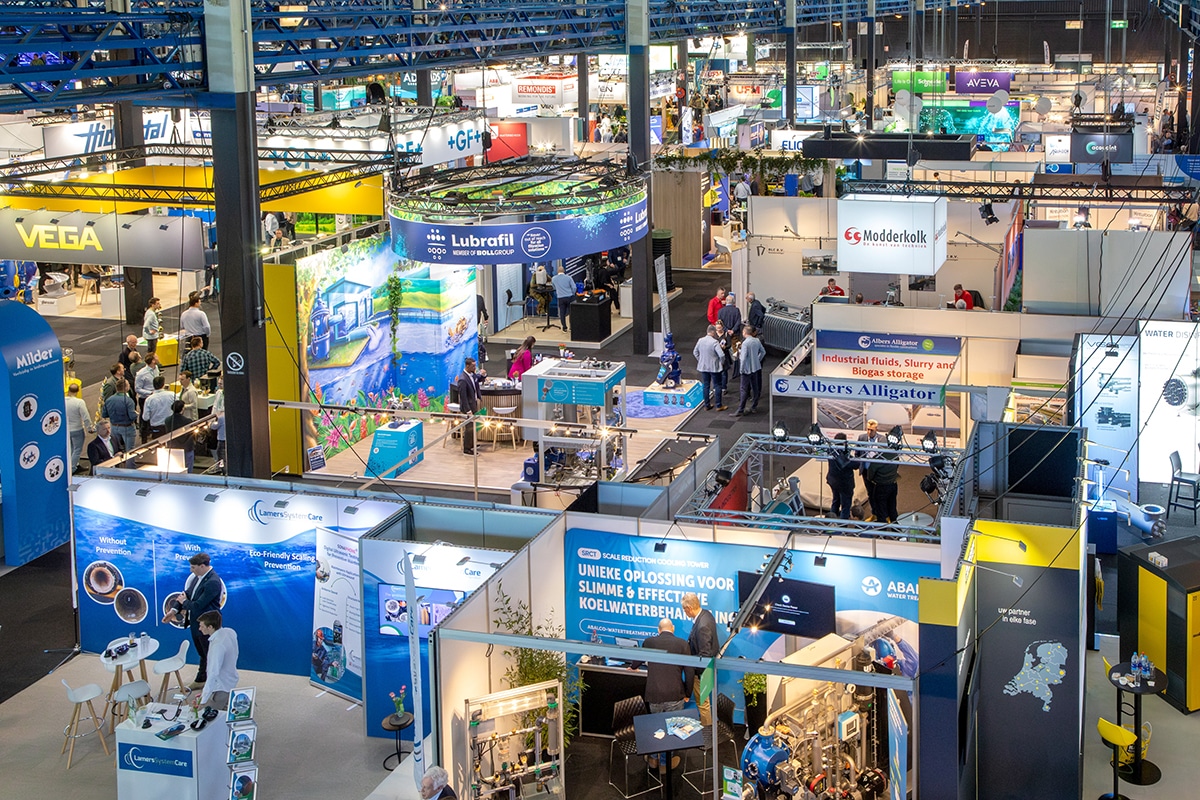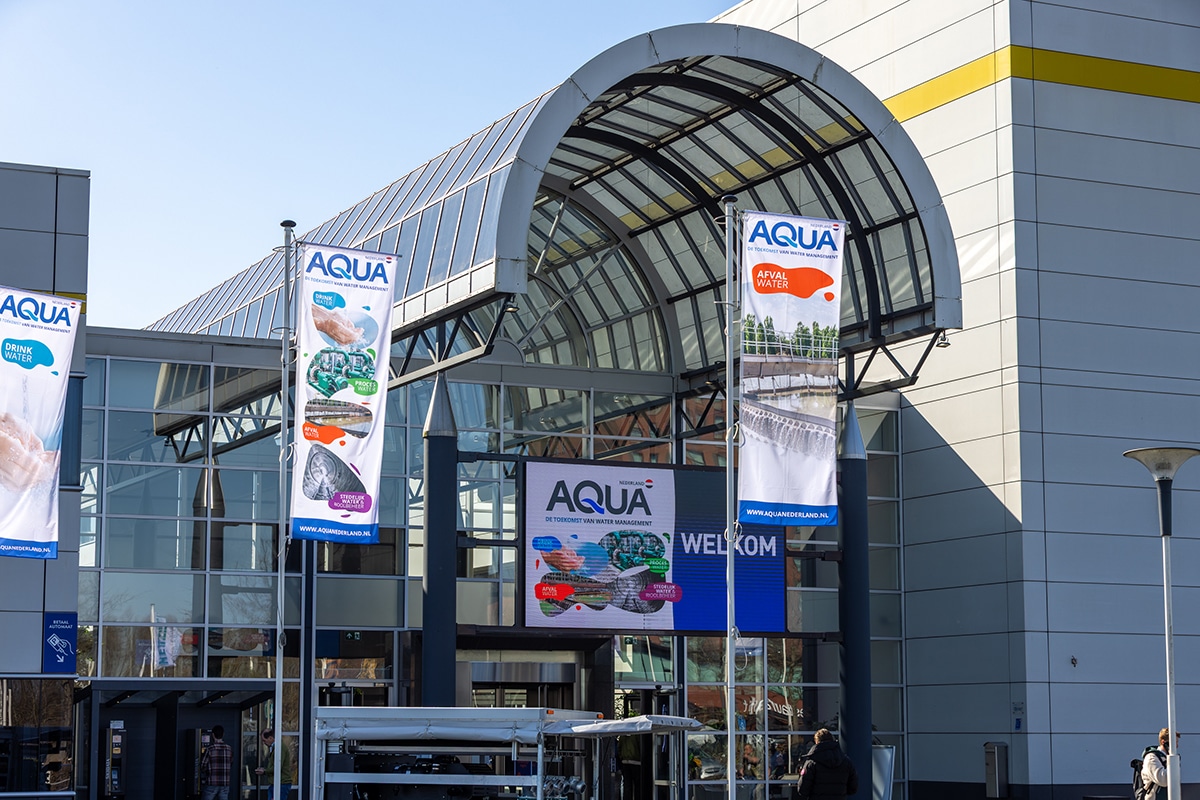
TBI takes important step toward zero-emission construction with choice of HVO fuel
As of October 1, 2023, the TBI uses HVO (Hydrotreated Vegetable Oil) as fuel on all its construction sites. 'Ordinary' diesel is no longer used and purchased for equipment with fuel engines. This marks a major step forward in TBI's sustainability goals.
Environmental and social responsibility: 90% reduced emissions
HVO is the second generation of biodiesel, with vegetable oil and hydrogen as major components. By switching - in addition to using electric equipment - to HVO as fuel, TBI equipment emits nearly 90% less CO2 than when using traditional diesel.
In April 2023, TBI committed to Net-Zero by 2050. The transition to HVO fits seamlessly with that. Nearly 40% of global emissions are related to the built environment, and thus also to TBI's operations. "Companies like TBI can be expected to do what we can to reduce the carbon footprint. For us, this is also completely in line with our mission; building a sustainable and healthy living environment, now and in the future," said Bart van Breukelen, chairman of the Board of Management of TBI. The engineering, construction and infrastructure company is aware that taking responsibility can have consequences in the form of higher costs.

An interim solution
"We realize, of course, that this is an interim solution in the transition to zero-emission construction," Van Breukelen points out: "We are reducing CO2 emissions and no longer using fossil raw materials, but the use of HVO, for example, still has little effect on nitrogen emissions. That's why we are constantly looking for even better solutions that have less effect on our climate and nature."




